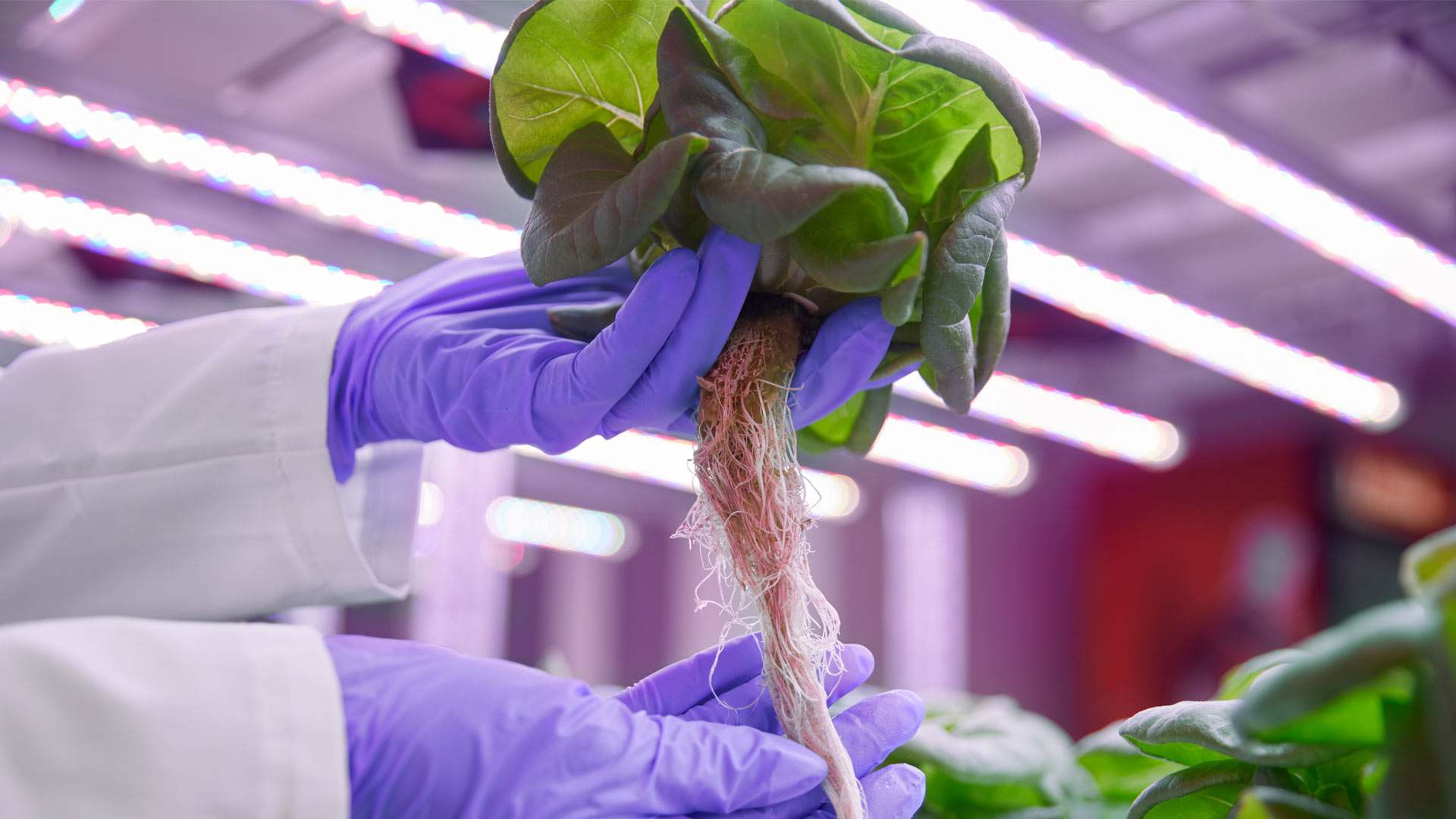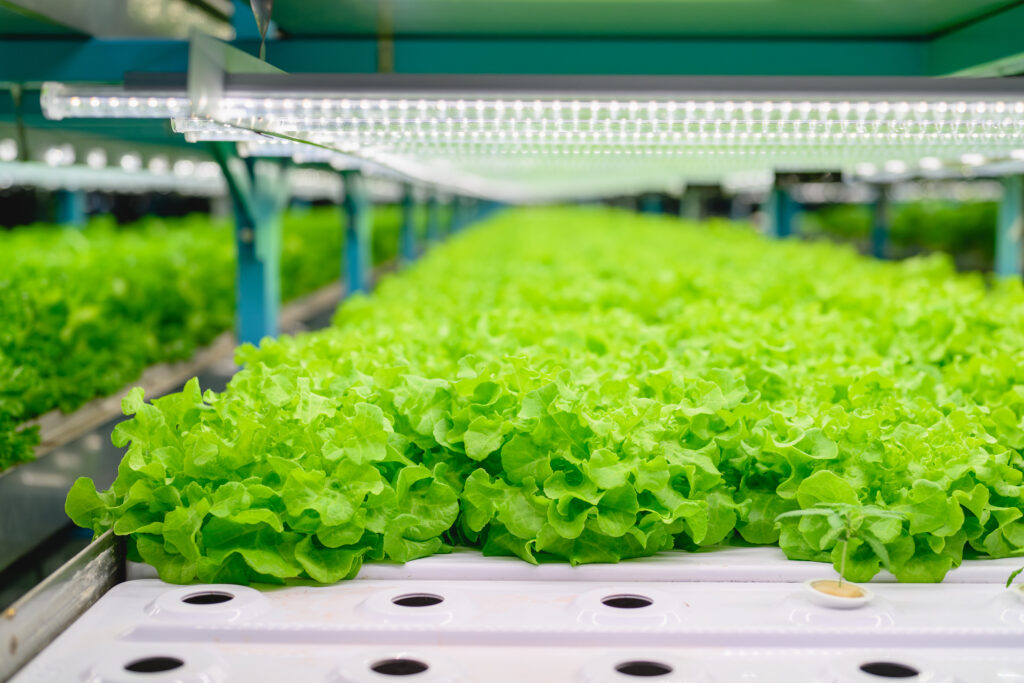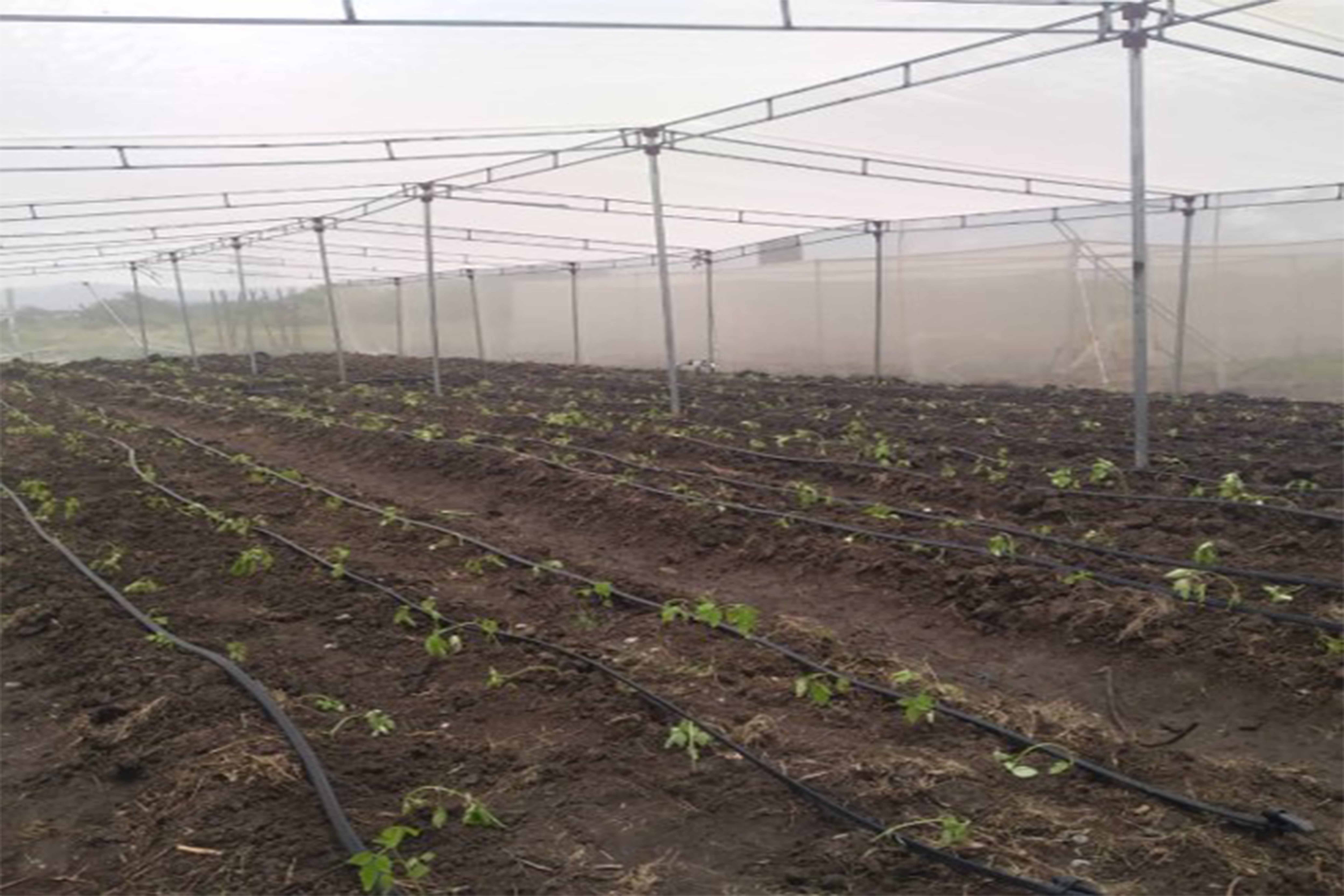Unlocking the Green Revolution: The Benefits of Hydroponics Products
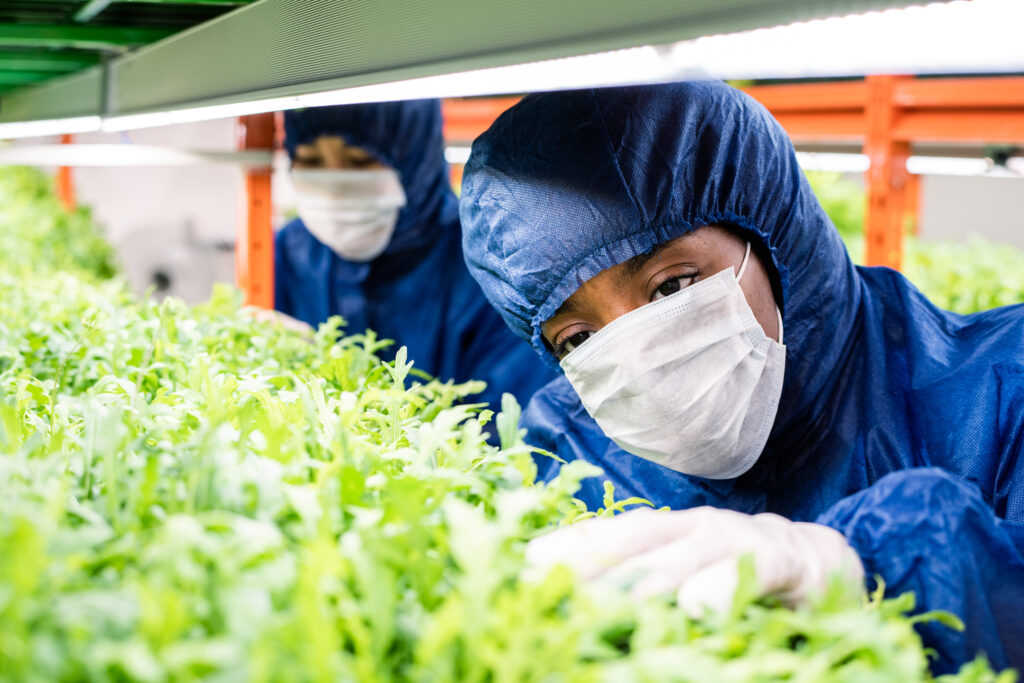
In recent years, there has been a significant shift towards sustainable and innovative methods of food production. Among these methods, hydroponics stands out as a revolutionary approach that offers numerous benefits for both consumers and the environment.
Hydroponics, the practice of growing plants without soil, has gained popularity due to its efficiency, versatility, and ability to produce high-quality, nutrient-rich crops.
In this blog post, we will explore the advantages of consuming hydroponics products and why they are becoming increasingly popular in today’s world.
1. Superior Nutritional Value:
One of the primary benefits of hydroponics products is their superior nutritional value. By controlling the nutrient solution that the plants receive, hydroponic growers can ensure that their crops are rich in essential vitamins, minerals, and antioxidants.
Studies have shown that hydroponically grown vegetables often contain higher levels of nutrients compared to conventionally grown ones, making them a healthier choice for consumers.
2. Year-Round Availability:
Hydroponic systems are not reliant on weather conditions or seasonal changes, allowing for year-round production of fresh fruits, vegetables, and herbs. This means that consumers can enjoy a wide variety of produce regardless of the time of year, reducing dependency on imports and promoting food security at the local level.
3. Water Efficiency:
Traditional agriculture consumes vast amounts of water, but hydroponic systems are much more water-efficient.
By recirculating water and delivering it directly to the plant roots, hydroponics can use up to 95% less water than conventional farming methods. This makes hydroponics an ideal solution for regions facing water scarcity or drought conditions.
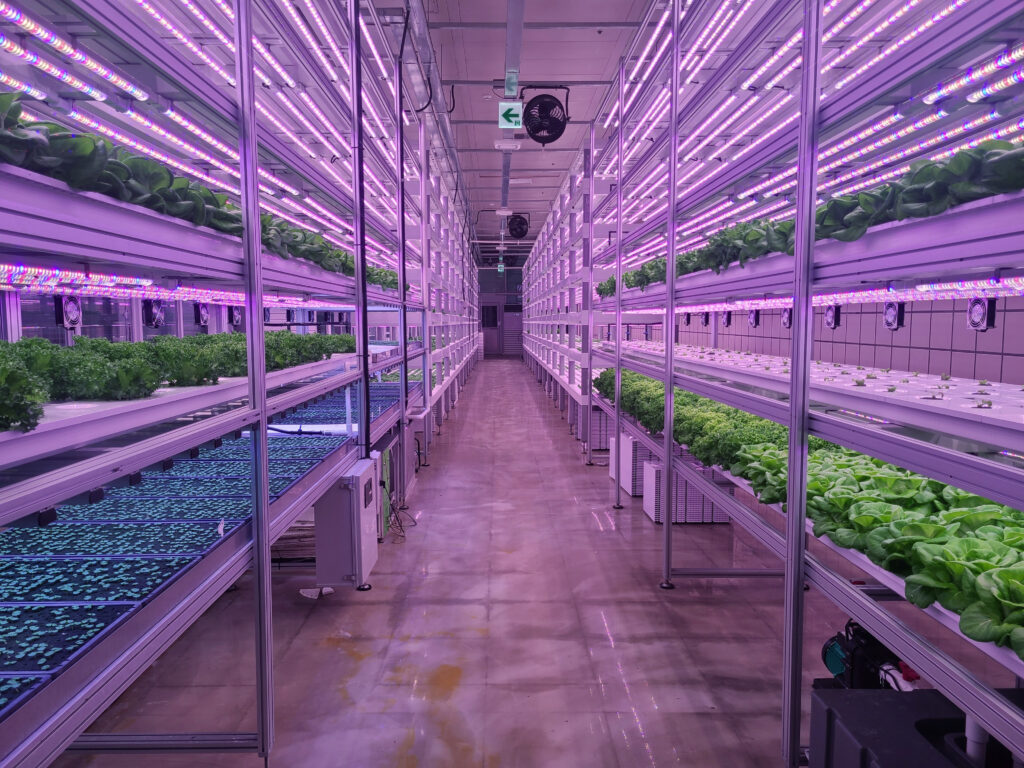
4. Space Optimization:
Hydroponic systems can be set up virtually anywhere, making them ideal for urban environments or areas with limited space for traditional farming. Vertical hydroponic setups, in particular, maximize space by stacking multiple growing layers vertically, allowing for increased crop production in a smaller footprint.
5. Reduced Environmental Impact:
Compared to traditional agriculture, hydroponics has a significantly lower environmental impact. By eliminating the need for soil, chemical pesticides, and excessive water usage, hydroponic systems help minimize soil erosion, water pollution, and greenhouse gas emissions. Additionally, hydroponic farms can be designed to operate using renewable energy sources, further reducing their carbon footprint.
7. Pesticide-Free Options:
With growing concerns about the use of pesticides in agriculture, many consumers are turning to hydroponically grown products as a safer alternative. Hydroponic systems can be designed to minimize the risk of pest infestations, reducing the need for chemical pesticides. As a result, consumers can enjoy fresh, pesticide-free produce with peace of mind.
In conclusion, the benefits of consuming hydroponics products are clear: superior nutritional value, year-round availability, water efficiency, space optimization, reduced environmental impact, enhanced flavor and texture, and pesticide-free options. As the demand for sustainable and locally sourced food continues to grow, hydroponics represents a promising solution for meeting these needs. By supporting hydroponic farms and incorporating hydroponically grown produce into our diets, we can promote health, sustainability, and food security for generations to come.

